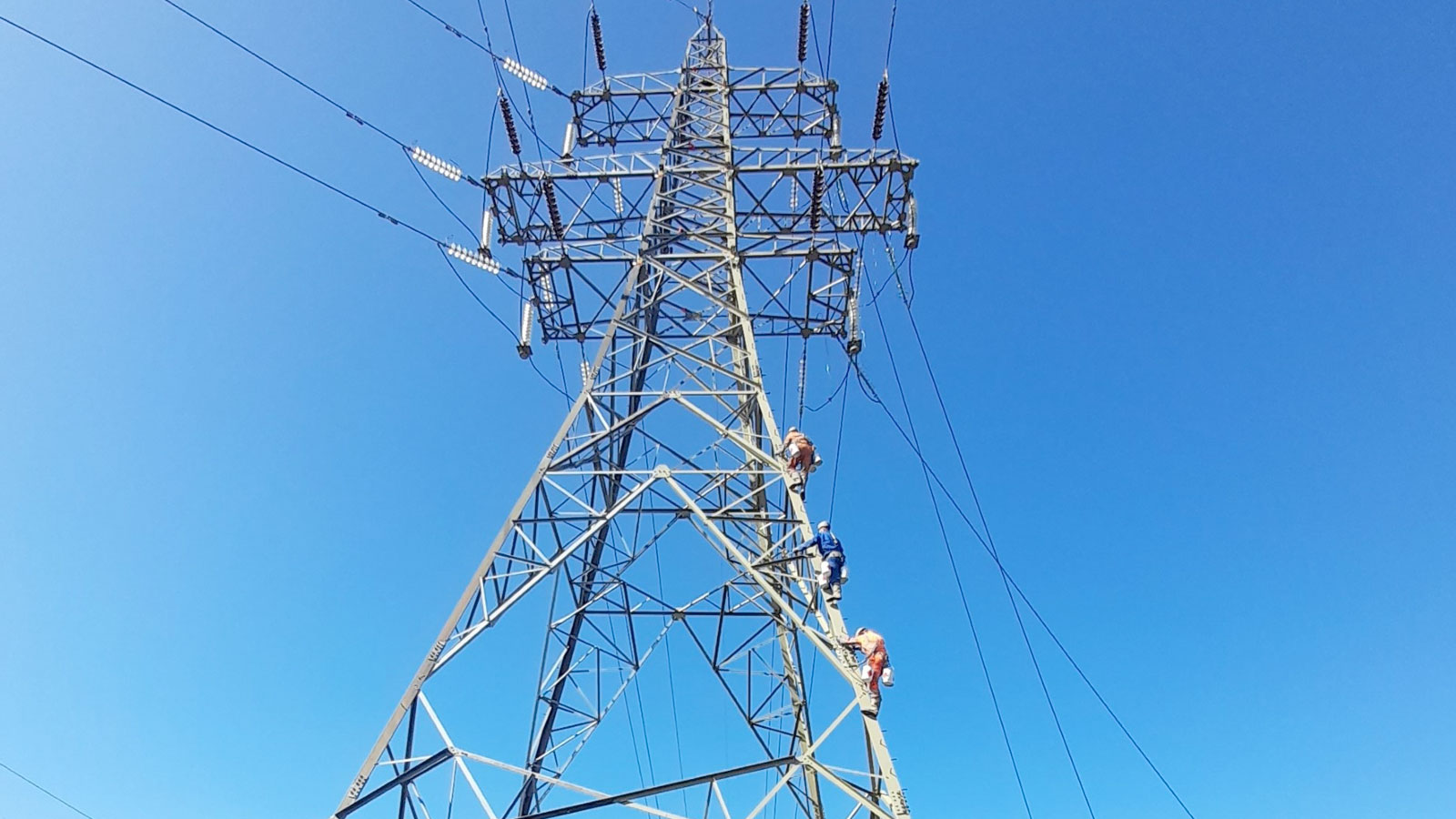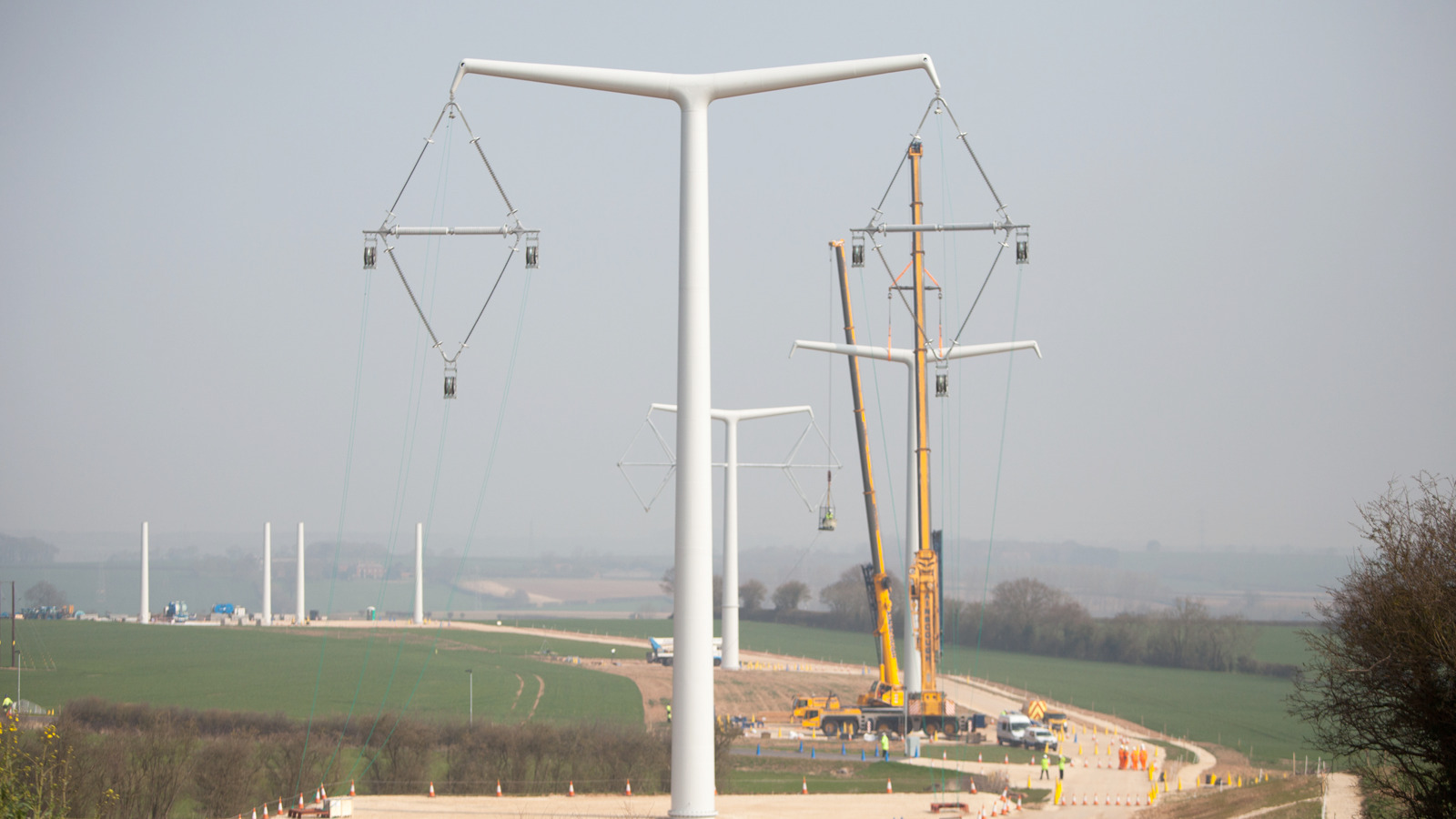According to Screwfix, the electrical industry has not been as hard hit from Covid-19 as previously feared. However, Electrical Review caught up with the Electrical Contractors Association (ECA) to find out what things were really like during the pandemic.
In this Q&A, ECA directors Rob Driscoll (legal and business) and Mike Smith (technical), grant us an insight into how Covid-19 has impacted contractors and highlight the incredible resilience shown by our industry during this unprecedented time.
How have the majority of contractors been weathering the economic storm during the pandemic?
The majority have shown enormous resilience, having continued to trade where clients will allow them to do so, ensuring the built environment continues to operate during this period. Construction and engineering firms were essential to the operation of the wider economy and their ability to continue to operate in a safe and secure way has been appreciated.
On a practical level, many contractors were already digitally enabled for remote working and have quickly adapted to the Site Operating Procedures to ensure they can work safely and securely during the Covid-19 pandemic.
What sort of financial help has been available to the industry so far? Could things have been handled better?
Government support has been agile and responsive with regard to the lending systems put in place for business of all sizes, the job retention scheme and the self-employment support scheme, as well as a number of other key grants, lending and compliance changes designed to reduce the burden of trading in a pandemic.
All teams within Government have been extremely responsive and even when challenged, provided suggestions that have been supported by evidence and modelling. These have been quickly fed into the support mechanisms and improvements have been made accordingly.
On May 10, Boris Johnson actively encouraged tradespeople to return to work. What was the general feeling about this among industry? Were people desperate to return to work, or generally a lot more reluctant due to the health risk still posed?
Bearing in mind the construction industry was never closed and could continue to work through the pandemic, whilst there may have been some anxiety among individual workers, overall the industry had established clear guidance on how to work safely within a Covid-19 environment.
There was also anxiety about the continuing impact on business survival where contractors had seen either suspension or reduction of work. Generally, there was relief at the prospect of being able to return the business to a level of productive working to secure business continuity and jobs.
There have recently been changes made to electrical safety standards for landlords in the PRS with the deadline (1 July 2020 for new tenancies) remaining unchanged. Firstly, do you think it is overzealous for the government to be pushing ahead with the original deadline given the current climate?
There already exists a requirement for Electrical Installation Condition Reports (EICR) to be produced following periodic inspection and testing on all installations where required and detailed within BS7671 Requirements for Electrical Installations (Chapter 65).
Many landlords and letting agencies already insist on these being done for the protection of tenants and property. These new requirements now make it a statutory obligation to do so and provide for local authority powers to enforce.
A staged approach is helpful with the requirement for new tenancies coming into force from 1 July and existing tenancies next year. Safety must be the primary concern and implementation should be done as quickly as practicable. During the current Covid-19 situation and restrictions, it should still be possible to undertake these works safely (ECA have published guidance on working in homes) before a new tenancy begins.
Will we even have enough willing/ready workers to meet this new demand for electrical inspections?
The question will not be about enough willing/ready workers to meet the demand but how to ensure only those suitably qualified and skilled undertake this safety-critical activity. We would urge landlords to carefully read the guidance produced by MHCLG on selecting someone to undertake an EICR.
There is likely to be a high demand for Electrical Inspection and Testing courses such as the City and Guilds 2391-52 or EAL 603/2625/6, and until such time as training providers get up and running to anything like full capacity or develop online platforms there may be a short term issue.
Has Covid-19 caused many (or any) organisations to change their legal practices? Are these changes likely to be permanent?
It is too early to tell the extent or how permanent any changes might be, but the pandemic has caused contractors to re-focus their minds on the guidance, policies and procedures they deploy for securing the safety of those for whom they are responsible. Equally, it has brought into sharp focus for many what contractual risks are not within their control and knowledge, such that they cannot accept the risk of these items.
Finally, do you think our industry will experience a ‘new normal’, if so, what might that look like?
As productivity levels in the medium- to long-term accommodate the Covid-19 safe working practices, and safe working procedures are adopted in homes, offices, factories/workshops and on sites, the ‘new normal’ under Covid-19 secure working will almost certainly yield a more flexible workforce and working practices, which typically also leads to a more agile, responsive industry. However, if productivity is impaired, this may also increase the cost of supply within the industry.





